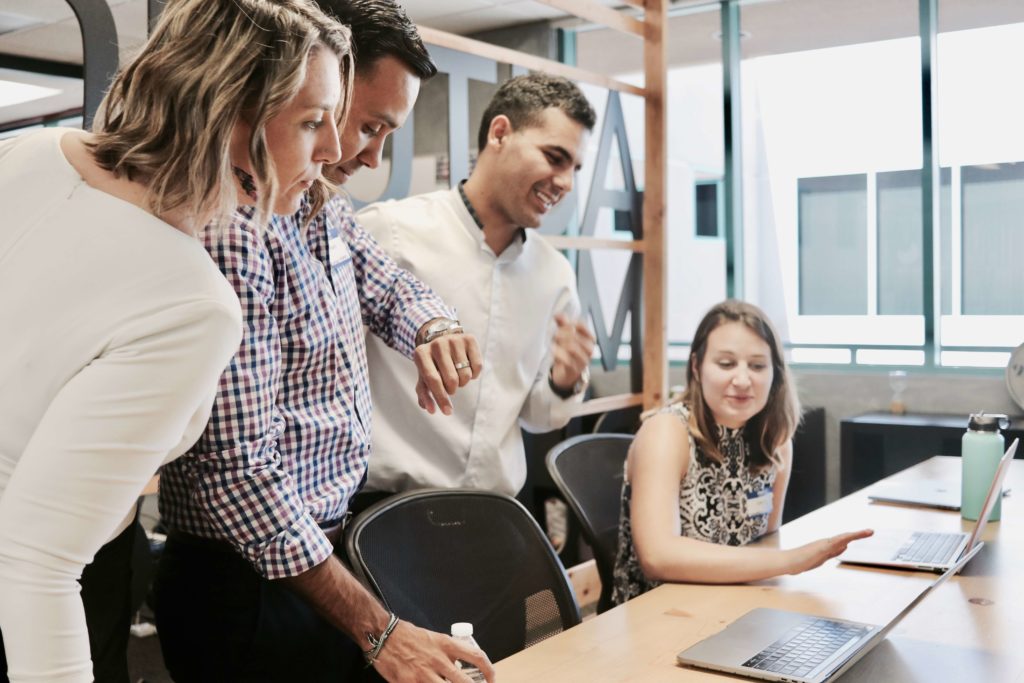This podcast from Jane McGonigal talking to Shane Parrish about online gaming. Jane has her PhD in this.
There are some great things about online games. The essential thing is to make it a thing which helps us learn and grow – and having this conversation about the “learning event” can help:
- What have I gotten better at
- What’s the hardest thing I achieved in the game
- What did I need to do that
Jane suggests that maximum 21 hours per week playing online games is a good number.
If you’re experiencing flashbacks or have ptsd then play a game before bed so your brain fixates on that. Otherwise do the thing you want to fixate on before bed (learning new things, do revision before you go to sleep)
You can hear more on this Jane McGonigal interview with Stephen D. Levitt: Is Gaming good for you and the follow up Can Games Prepare us for Catastrophes. ABout 15 minutes into the 2nd podcast she talks about kids and gaming:
What we’re really struggling with among older kids today is shaming of kids about the games that they play — that they are a distraction. They are an unwise use of time and energy…when a kid is spending 20 hours a week playing Fortnite or whatever game they’ve built a community around, and they’ve developed a sense of positive identity around, there’s just a lot of shaming that goes on in schools, in families even. And for me, that’s the important thing to change.
We should instead be asking questions like: What’s the hardest thing that you’ve accomplished in this game? How did you do it? Tell me that story. Or, what does it take to be good at this game? I want to know all the skills, all the personality strengths, all of the characteristics that make somebody good at this game that you’re spending so much time getting good at. And just have these conversations that allow young people to really reflect on their own strengths and to feel validated by their community, by their friends and family, for the work that they’re putting into getting good at something. And we can validate that experience of putting time and effort and energy to develop skills and achieve goals.
Jane Mcgonigal
Then in this podcast with Shane Parrish, Nir Eyal talks about his book Indistractible if we get distracted we generally blame (the pandemic made me do it or stopped me doing it), shame (i’m just a loser who can’t focus), but there is an option to claim the problem and then move forward.
Angela Duckworth points out that some people are unaware of their ability to move away from a problem: you don’t have to have your desk by the window where the noise comes from, move it somewhere else – it’s helpful to point out to people their agency to move away from a problem.




